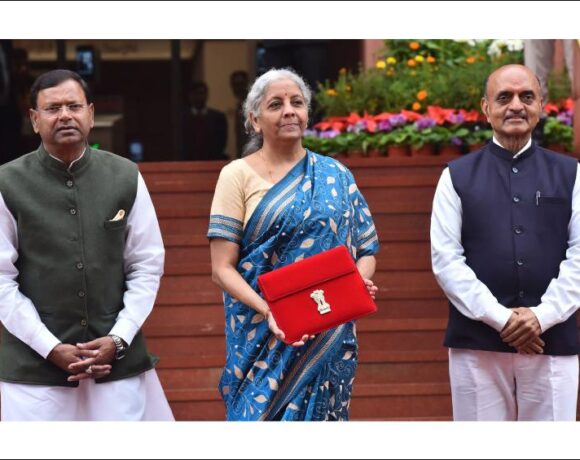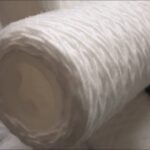Revision In Chinese Textile Dyeing & Printing Mill Regulations

China has revised the regulations which textile printing and dyeing companies will need to follow from January 2024.
The first regulation is for machinery and equipment under which the new regulations specify using technologically advanced, green and low-carbon process machinery and equipment.
It also suggests strict control of automatic dispensing and delivery system of dyes and chemicals and use of clean energy for heating purposes.
The second is related to layout requirements, which specifies that new dyeing and printing plants will be located only in industrial parks.
These plants will need to strictly follow the park’s overall planning, environmental impact assessment and be connected with the centralised treatment of effluents.
The third suggest that companies should adopt green management practices under which companies should manufacture green textiles and implement the three-level energy and water metering system.
The regulation also stresses on strictly regulating use and storage of chemicals and implement a control system for dyes and chemicals.
The fourth recommends reduction in water and energy use by using dyeing or printing technologies which use less water and energy, while hiking use of recycled water and controlled use of fresh water.
The fifth highlights environmental protection requirements under which, printing and dyeing units will have to apply for a pollutant discharge permit and discharge pollutants as per the regulations.
Textile companies will also have to implement quality and good environmental management practices, while also carrying out audits of pollutants and energy on a regular basis.
The sixth relates to adopting safe manufacturing protocols and will also have to strictly implement safety protocols like emergency plans and also abide with disease hazard prevention protocols.
The last regulation relates to standardising information management system by implementing information technology systems at all levels to keep a check and control over all production activities.














